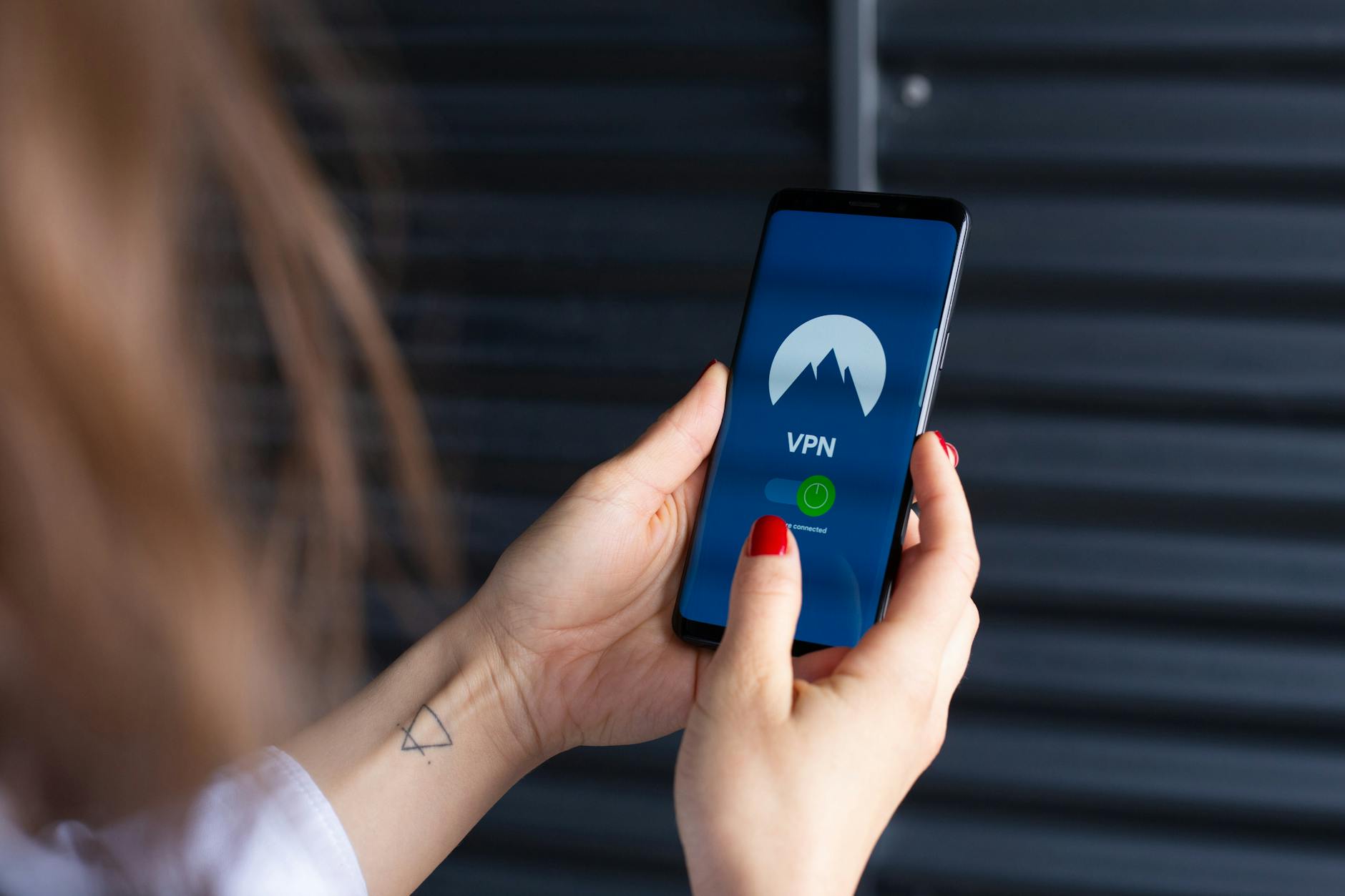Location Services Privacy: Must-Have Tips for Optimal Protection
In today’s digital age, where smartphones accompany us everywhere we go, our location data has become a valuable commodity. Location services offer convenience and functionality, allowing us to navigate, find nearby services, and share our location with friends and family. However, with this convenience comes the risk of privacy breaches and potential misuse of our location information. It is crucial to take necessary steps to protect our location services privacy. Here are some must-have tips for optimal protection:
Understanding Location Services: What Are They and How Do They Work?
Before delving into privacy tips, it’s essential to understand what location services are and how they function. Location services use a combination of GPS, Wi-Fi, Bluetooth, mobile networks, and sensors to determine your device’s location. This information helps apps and services provide location-based features such as maps, weather updates, local recommendations, and targeted advertising.
1. Use Location Services Wisely
The first step in protecting your location services privacy is to use them judiciously. Evaluate which apps genuinely need access to your location and disable it for those that don’t. Regularly review the permissions granted to apps on your device and revoke access for any unnecessary ones. Limiting the number of apps with access to your location helps reduce the risk of your data being misused or shared without your consent.
2. Check App Permissions
When installing a new app, pay close attention to the permissions it requests, especially regarding location information. Be wary of apps that ask for access to your location data when it doesn’t align with their core functionality. If an app doesn’t require your precise location to function properly, consider denying that permission. Additionally, review and adjust the location settings for existing apps to ensure they are not continuously tracking your whereabouts.
3. Opt for Appropriate Location Accuracy
Most location-based apps offer varying levels of accuracy for determining your location, ranging from precise GPS coordinates to approximate location estimates based on Wi-Fi networks or cell towers. Adjust the location accuracy settings based on the app’s requirements and your privacy preferences. Opting for less precise location data when high accuracy is unnecessary can help protect your privacy while still enabling the app’s functionality.
4. Secure Your Device and Accounts
Protecting your device with a strong passcode or biometric authentication adds an extra layer of security to prevent unauthorized access to your location data. Enable remote tracking and wipe capabilities to safeguard your device in case it’s lost or stolen. Additionally, regularly update your device’s operating system and apps to patch any security vulnerabilities that could compromise your privacy.
5. Be Mindful of Public Wi-Fi Networks
Public Wi-Fi networks pose a significant security risk, as they can be vulnerable to hackers seeking to intercept your data, including your location information. Avoid accessing sensitive apps or sharing location data while connected to public Wi-Fi. Instead, use a virtual private network (VPN) to encrypt your internet traffic and protect your privacy when using public networks.
6. Read Privacy Policies and Terms of Service
Before using an app or service that collects your location data, review its privacy policy and terms of service to understand how your information will be used, shared, and stored. Look for details on data collection practices, third-party sharing, and data retention policies. Avoid using apps that have vague or overly intrusive privacy practices that could compromise your location services privacy.
Conclusion
Protecting your location services privacy is crucial in safeguarding your personal information and maintaining control over how and when your location data is shared. By following these must-have tips, you can enjoy the benefits of location services while minimizing the risks of privacy breaches and unauthorized tracking. Stay informed, stay cautious, and stay in control of your location data privacy.



